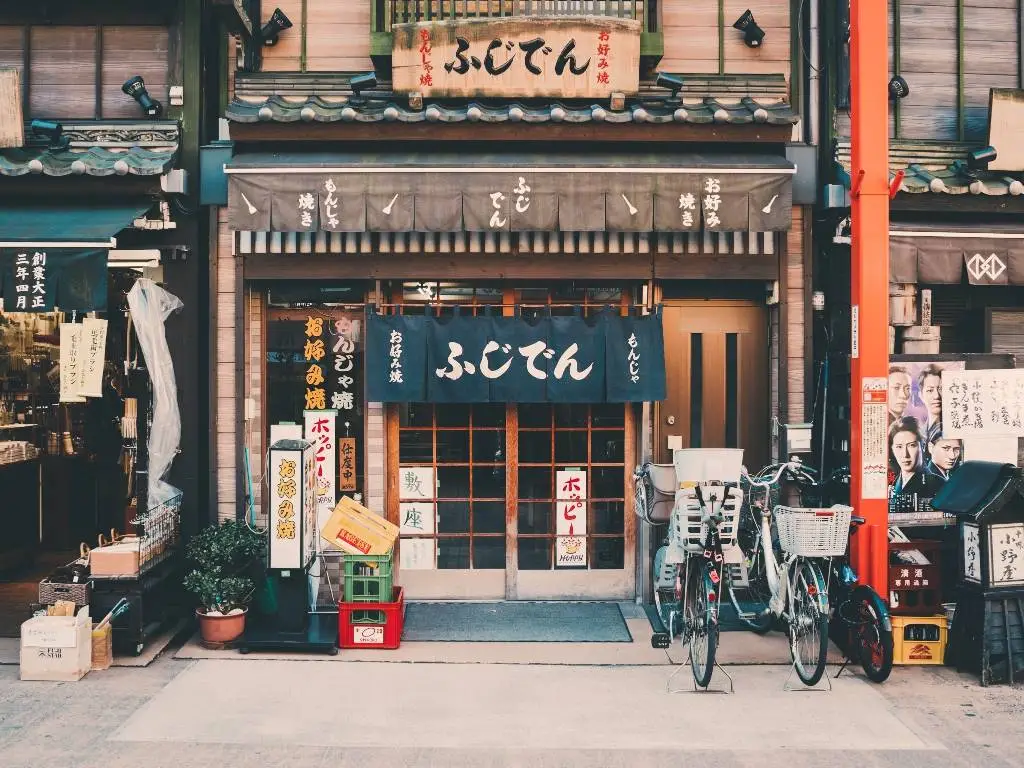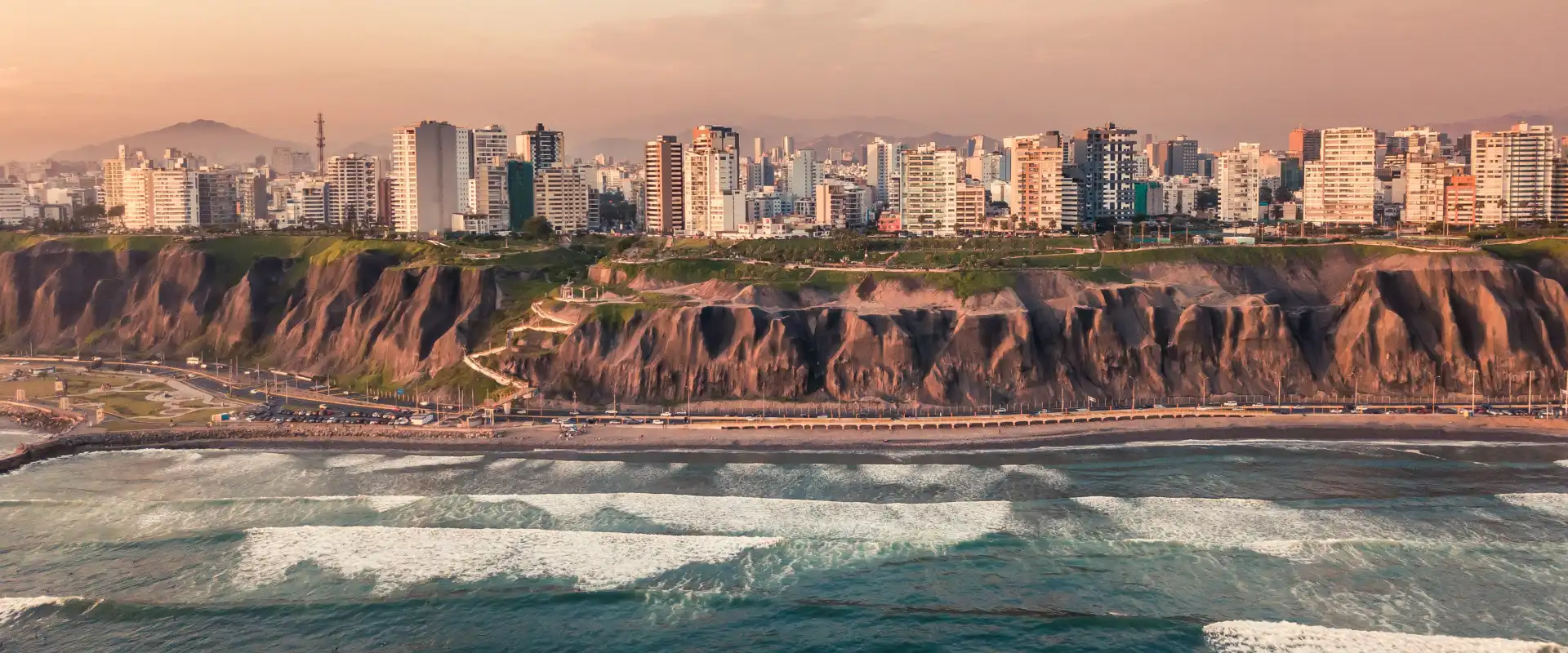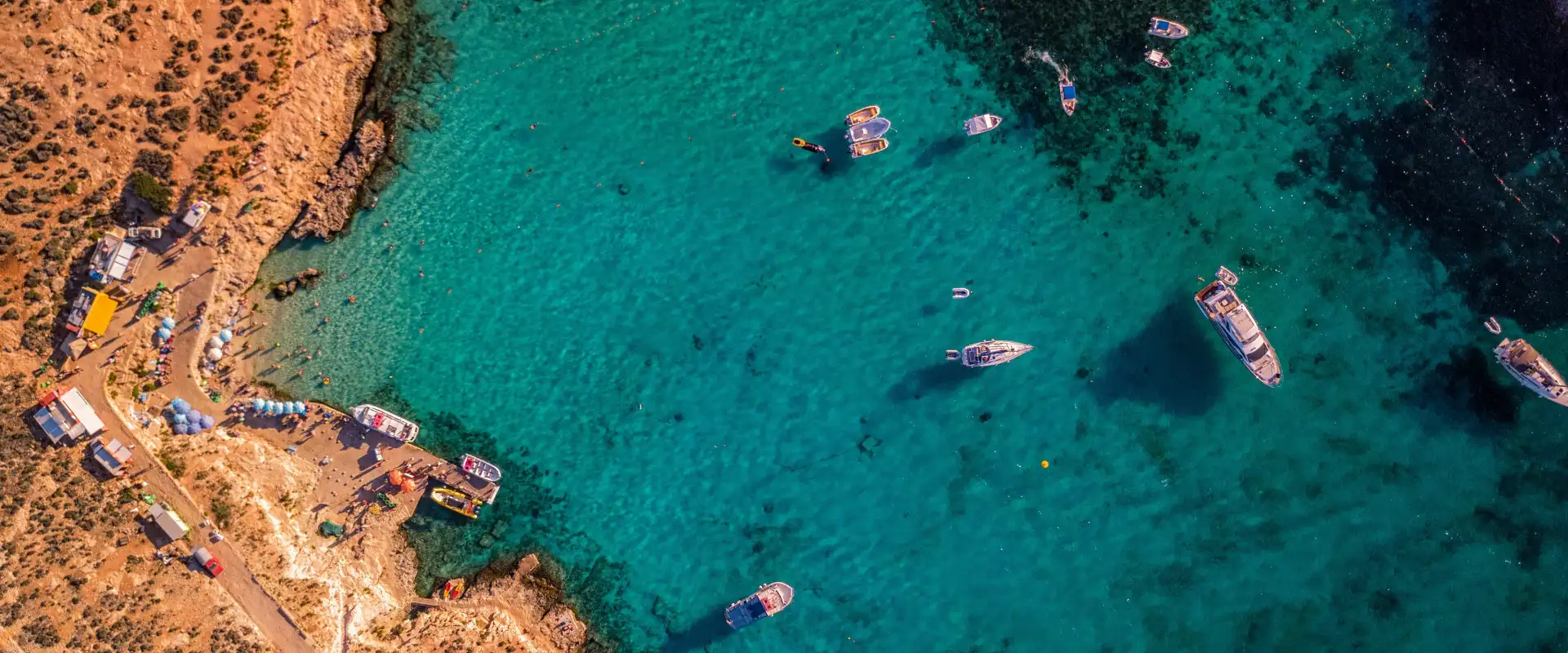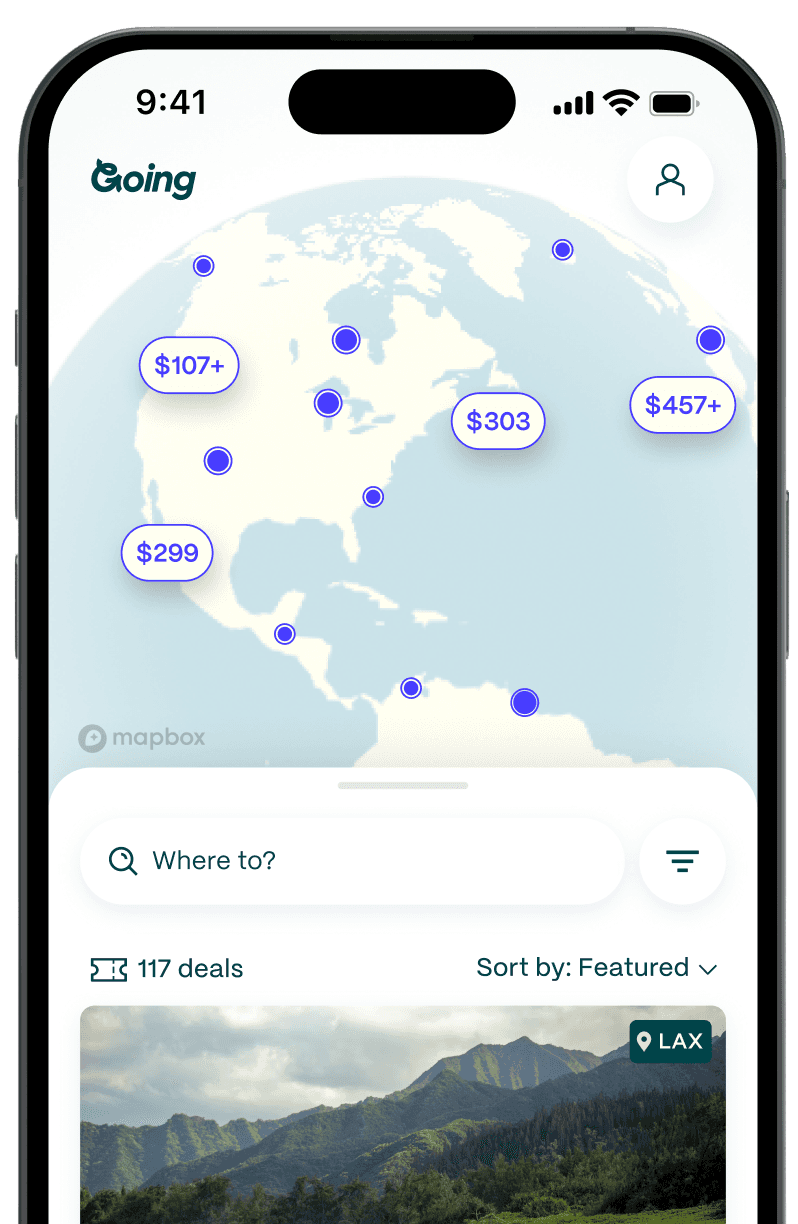
How to Get Around When You Don't Speak the Language
It happens, you snag a super cheap flight to a place around the world and then you get cold feet because of the language barrier. Traveling to a place where you don’t know the language can be intimidating. How will you get around, order food, or get to know the locals? Are you gonna look like a total idiot all the time?
Luckily, travel doesn’t require fluency. With a few handy tools—and the willingness to occasionally look a bit silly—you can get around without speaking the local tongue.
Here are a few tips to make it easier.
Tips for bridging a language barrier

You can absolutely travel without knowing how to speak the language or thinking about how to communicate effectively. And? You’ll have a much better time (and get fewer confused looks from locals) if you think about some of this stuff beforehand. A few of the tips below are simply about being courteous, though there are practical tips included as well.
Learn polite phrases
When you’re a guest in someone’s house, you might behave a little more politely than you would at home. Being a guest in another country is no different.
Even if you never master the language, make a list of words and phrases like please, thank you, excuse me, and I’m sorry, as well as phrases like, “Do you speak English?” and “I don’t speak [name of language].” You’ll likely memorize, “Excuse me, I don’t speak [name of language]” pretty quickly.
Learn how to say “hello” in a way that’s respectful (many languages have both formal and informal greetings—if you use the wrong one it’s not the end of the world but you might look a bit rude).
Exercise patience
Patience is one of those tools in a traveler’s quiver that comes in handy in a zillion different ways—including communicating in an unfamiliar language.
For instance, give yourself extra time to get somewhere so that, if you need to ask someone for directions, you won’t stress about being late. Pay especially close attention when someone is talking to you, since you can sometimes pick up clues about what they mean through gestures or the occasional word you might understand.
And be patient with yourself, too, when you’re trying to wrap your brain around a different language.
Become a charades expert
Gestures can help transcend language barriers, and no gesture is more useful in this regard than simply pointing. Point at the souvenir you want to buy in a shop window, at the menu item you can’t pronounce, or at your map when you can’t find your way to an attraction.
In some countries, however, gestures you might make daily are considered rude. In Iran, for example, a thumbs-up is akin to flipping someone off. In Malaysia, using the index finger alone to point is offensive (polite pointing in Malaysia is done with the index and middle fingers together).
Also, find out whether the gestures for yes and no are the same ones you do and, if they’re not, make a note of that, too. For example, in Bulgaria, what we consider nodding yes actually means no.
Wherever you’re going, just be sure to do a little pre-trip research to find out whether you’ll need to modify your body language.

Watch and learn
If you want to do some shopping at a bustling outdoor market but you don’t know where to start, spend some time simply observing what the locals are doing first.
For example, do they take what they want to the vendor to pay, or do they point at what they want and the vendor retrieves it for them? If you walk into a busy cafe, do customers pay first and present the receipt to a different employee to get the food, or is it the same person who takes payment and delivers a meal?
Aim for simplicity
A traveler whose English isn’t understood the first time just repeats the same phrase louder. Sound familiar? It’s a travel trope, sure, but that’s because it’s not as uncommon as you might hope.
Instead of yelling (which, let’s face it, is never a good look), speak slowly and clearly, using simple phrases.
“I must have taken a wrong turn, can you tell me how to reach the museum?” might be what you’d say at home, but that’s a lot of verbal real estate in which your listener might get lost.
Instead, choose short and sweet: “Excuse me, where is the museum?”
Ask the right people for help
Almost regardless of where you are in the world, there will be some locals who are apt to speak English better than others. At big hotels, for instance, the agents at the front desk can often speak a little bit of several languages—and you don’t need to be a hotel guest to ask for directions.
Younger people, who often learn English at school, also tend to speak more English than elderly folks who may have long forgotten their lessons.
Use numbers
We use indefinite articles (like “a” or “an”) constantly without thinking, but they don’t always work when you’re trying to communicate in another language. You might think you’re being perfectly clear when you ask for “a metro ticket” or order “a coffee” at the bar, but swapping the indefinite article for a number (one metro ticket, one coffee, etc.) is infinitely more clear. You can also hold up the number of fingers equal to the amount you want.
Start easy
Booking a tour or private guide for your first day can give you a leg up on navigating basic interactions. Not only can the guide teach you some basic words—and check your pronunciation—they can also give you some inside tips on everything from how to use a machine to buy metro rides in Bangkok, to how to order a coffee in Rome, to how to get a server's attention so you can order food in a crowded Japanese izakaya.
Another option: start by heading to a spot known for catering to tourists. You can practice your language skills in a place when you can fall back on English if needed. Once you feel comfortable, you can head to more off-the-beaten path spots.
Have a sense of humor
No matter how much you prepare, chances are very good you’ll make a mistake or two (or twelve) along the way.
There are probably hundreds of travelers in Spain who have accidentally said they were pregnant (embarazada) when they really meant they were embarrassed. And perhaps equally large numbers of travelers in rural France who thought they ordered a Coke to finish off a meal and ended up with a whole roasted chicken (coq).
Even if you study up on the language, you may not pronounce things perfectly, so don’t stress about it. Ever hear someone say they suddenly speak the language better after a few drinks? That’s because they worry less about it and just speak.
Step outside your comfort zone and be willing to look a little ridiculous. Embrace the opportunity to learn something new and gather material for what will be favorite travel memories for years to come.
Tools to make communication easier while on your trip

Now, all those tips listed above are a lot to remember when you’re simultaneously juggling things like time changes, unfamiliar currency, train schedules, and navigating new landscapes. In other words, your brain can only contain so much new information before it starts to overheat—so here are some tools (both analog and digital) to carry some of that weight.
Analog tools
- Pocket phrase dictionary: This is often a good idea even if you have a translation app on your phone, since a physical book doesn’t have a battery that might die.
- Menu translator: A small menu translator can help ensure you’re eating local specialties (or avoiding a dish you might find unappealing).
- Allergy translation cards: Being able to communicate allergies when you travel could be a matter of life and death. These translation cards can be as small as a credit card and often have multiple languages.
- Local map: Having a paper map not only means you’ll be able to get around without using your phone’s battery, the paper map also doesn’t use gobs of your data plan in the process.
- Business card from your hotel: This is particularly important when the alphabet isn’t the one you’re used to. Having your hotel’s name and address written in the local language makes telling a taxi driver where you’re going a snap. Having a list of the attractions you plan to visit written in the local language is also helpful if you get lost en route and need to ask someone for directions.
- Notepad and pen: If verbal communications and gestures aren’t cutting it, try drawing a picture of what you mean. Paper and pen are also invaluable if you’re haggling with a market vendor—numbers look the same, even if the words are different.
Tech tools
- Translation apps: There are countless apps available to help you communicate in other languages. There are phrase dictionary apps, for instance, including some that will translate a phrase you type in. Many work offline, too, which is useful when data is expensive to use away from home. If data consumption isn’t an issue, Google Translate can even translate some text using your phone’s camera. (It’s often still a little garbled, but it helps.)
- Conversion apps: When you don’t speak Celsius, you might end up shrinking the clothes you sent to the hotel’s laundry. When you don’t speak kilograms, you could order way more fruit than you could possibly eat. A few apps to check out are GlobeConvert (iOS only), ConvertPad (Android only), and Units Plus (both iOS and Android).
Remember that no matter what, it's not as hard as you might think to get around without knowing the language. Most people will be patient and try to understand you. And if the worst that happens if you order a Coke and get chicken...well, that's not so bad.
>> Read our tips for your first time to Europe, or check out the top apps for travel.
Last updated December 19, 2023
Articles you might like
View All
Cheapest South American Countries to Visit in 2026 (Updated)
Feb 6, 2026
10 min read

Best Places to Travel in April: Top Cheap & Warm Early Spring Destinations
Feb 6, 2026
10 min read

Where Is Hot in March in Europe: Top Destinations for Your Spring Getaway
Feb 4, 2026
8 min read






